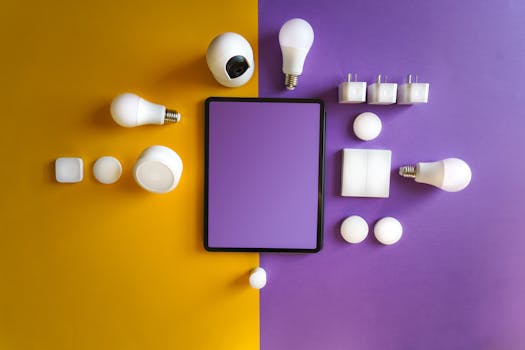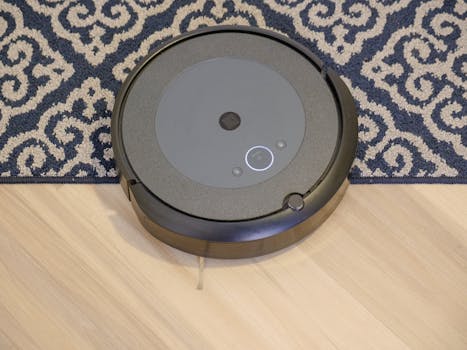
Home Automation in 2025: The Smart Home Ecosystem
Home Automation in 2025: The Smart Home Ecosystem is revolutionizing the way we live and interact with our homes. With the integration of Internet of Things (IoT) devices, artificial intelligence, and machine learning, homes are becoming increasingly automated, efficient, and convenient.
Introduction to Home Automation
Home automation refers to the use of technology to control and monitor various aspects of a home, including lighting, temperature, security, and entertainment systems. The goal of home automation is to create a seamless and efficient living experience, making it easier to manage and maintain a home.
In 2025, home automation has become more sophisticated, with the use of voice assistants, smart sensors, and IoT devices. These technologies enable homeowners to control and monitor their homes remotely, using their smartphones or voice commands.
Key Components of a Smart Home Ecosystem
A smart home ecosystem consists of several key components, including:
- IoT Devices: These devices are connected to the internet and can be controlled and monitored remotely. Examples include smart thermostats, smart lighting, and smart security cameras.
- Artificial Intelligence (AI): AI is used to learn and adapt to a homeowner’s behavior and preferences, making it possible to automate various tasks and systems.
- Machine Learning (ML): ML is used to analyze data from IoT devices and make predictions about a homeowner’s behavior and preferences.
- Voice Assistants: Voice assistants, such as Amazon Alexa and Google Assistant, enable homeowners to control and monitor their homes using voice commands.
Benefits of Home Automation
Home automation offers several benefits, including:
- Convenience: Home automation makes it possible to control and monitor various aspects of a home remotely, using a smartphone or voice commands.
- Energy Efficiency: Home automation can help reduce energy consumption by automatically turning off lights, thermostats, and other devices when not in use.
- Enhanced Security: Home automation can improve home security by enabling homeowners to monitor their homes remotely and receive alerts in case of suspicious activity.
- Increased Property Value: Home automation can increase a property’s value by making it more attractive to potential buyers.
Conclusion
In conclusion, home automation in 2025 is creating a seamless and efficient smart home ecosystem. With the integration of IoT devices, artificial intelligence, and machine learning, homes are becoming increasingly automated, convenient, and secure. As technology continues to evolve, we can expect to see even more innovative solutions for home automation, making it easier and more convenient to manage and maintain a home.





